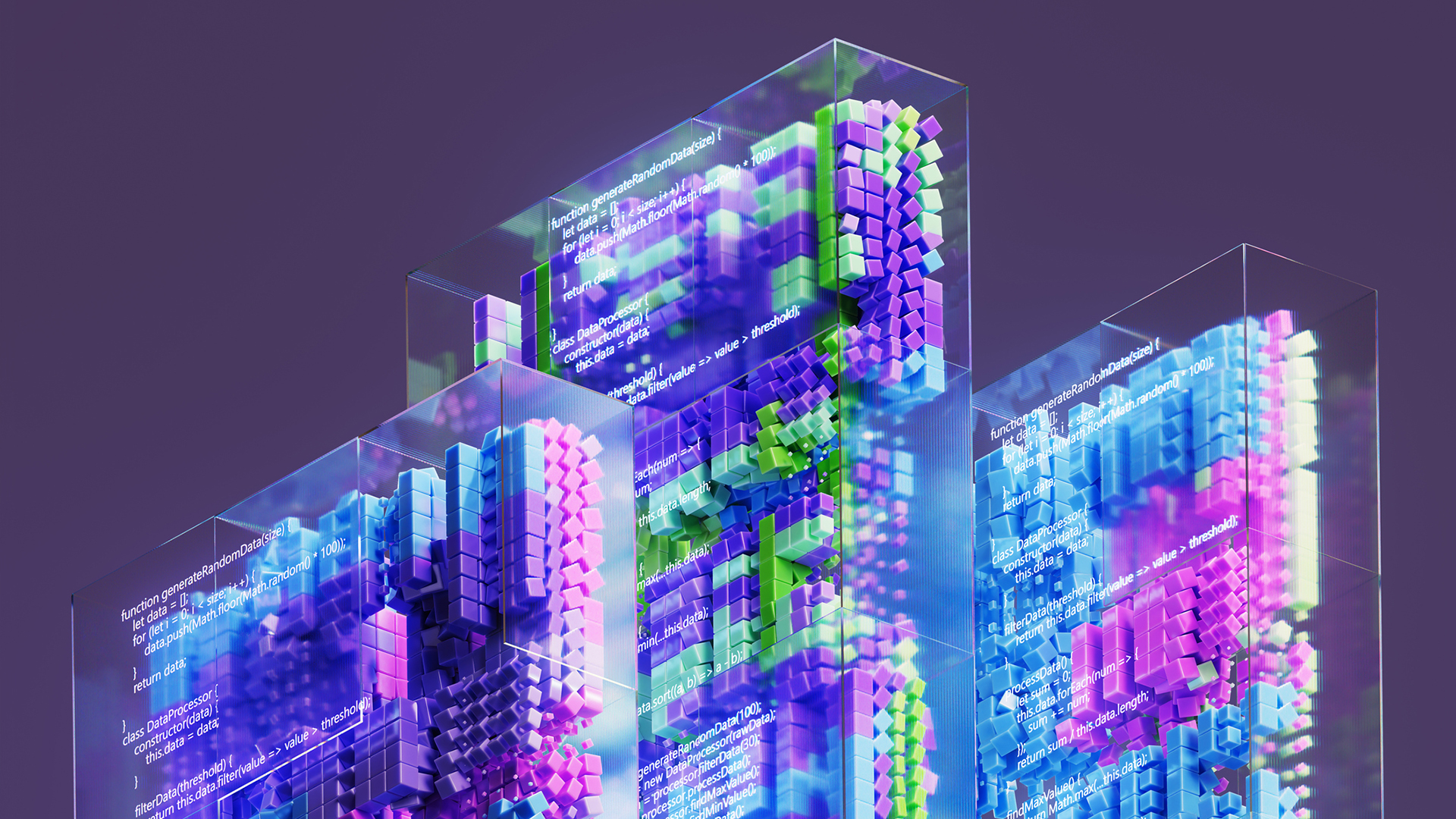IBM dedicates supercomputing power to coronavirus research
The initiative will give researchers 330 petaflops to help fight the COVID-19 pandemic

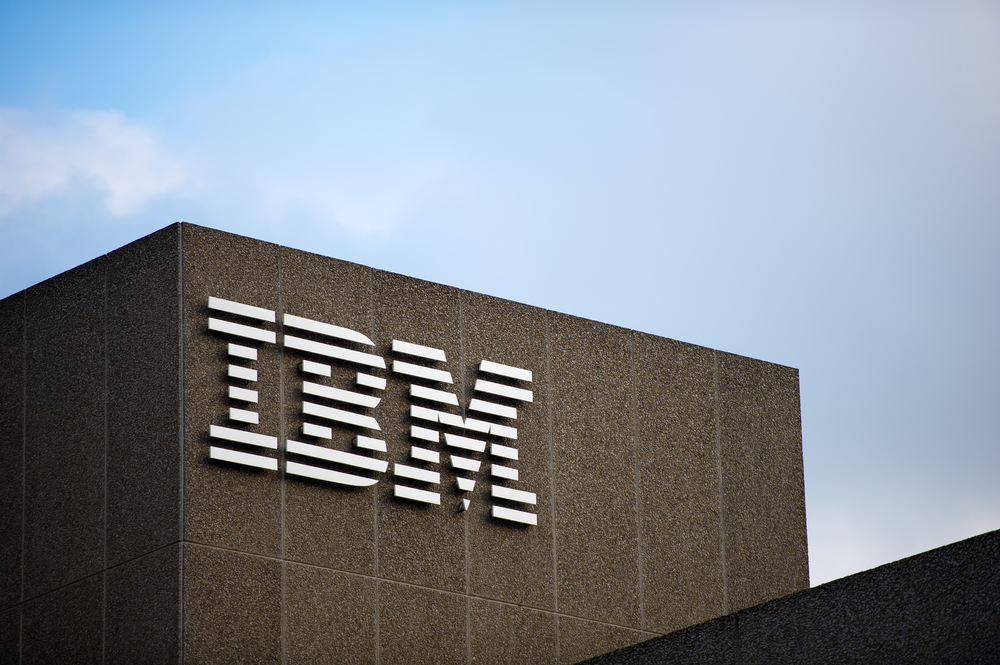
IBM has announced that it will provide 330 petaflops of computing power to help researchers better understand COVID-19 and search for potential treatments and cures.
The company, along with Amazon, Microsoft, and Google, is teaming up with the White House and the US Department of Energy in order to bring a massive amount of supercomputing power to scientists, engineers and researchers who are working to fight the global coronavirus pandemic.
Through the COVID-19 High Performance Computing Consortium, the companies and organisations will hand over 16 systems that will equip researchers with 775,000 CPU cores, 34,000 GPUs and a massive 330 petaflops of computing power.
These systems, IBM claimed, will allow researchers to run very large numbers of calculations in epidemiology, bioinformatics, and molecular modelling, tasks that would “take years to complete if worked by hand, or months if handled on slower, traditional computing platforms”.
“These high-performance computing systems allow researchers to run very large numbers of calculations in epidemiology, bioinformatics, and molecular modelling," IBM Research director Dario Gil wrote in a blog post.
"These experiments would take years to complete if worked by hand, or months if handled on slower, traditional computing platforms.
“Since the start of the COVID-19 pandemic, we have been working closely with governments in the US and worldwide to find all available options to put our technology and expertise to work to help organizations be resilient and adapt to the consequences of the pandemic.”
Sign up today and you will receive a free copy of our Future Focus 2025 report - the leading guidance on AI, cybersecurity and other IT challenges as per 700+ senior executives
IBM said that its Summit machine, the world’s most powerful supercomputer on the planet, has already enabled researchers at the Oak Ridge National Laboratory and the University of Tennessee to screen 8,000 compounds to find those that are most likely to bind to the main “spike” protein of the coronavirus, rendering it unable to infect host cells.
This news follows an announcement by IBM that it’s expanding its 2020 Call for Code challenge, first announced in February with a focus on climate change, to also help tackle the coronavirus crisis.
By doing so, IBM hopes that it will encourage developers to create apps that address specific COVID-19 areas, including crisis communication during an emergency, ways to improve remote learning, and how to inspire cooperative local communities.
“We are working with some of the world’s leading experts to define the most pressing needs and provide the most helpful resources,” IBM said. “Together, we have the power to use the latest technology in ways that make an immediate and lasting humanitarian impact in local communities and across the globe. Thank you for answering the call in this unprecedented time in our history."
Carly Page is a freelance technology journalist, editor and copywriter specialising in cyber security, B2B, and consumer technology. She has more than a decade of experience in the industry and has written for a range of publications including Forbes, IT Pro, the Metro, TechRadar, TechCrunch, TES, and WIRED, as well as offering copywriting and consultancy services.
Prior to entering the weird and wonderful world of freelance journalism, Carly served as editor of tech tabloid The INQUIRER from 2012 and 2019. She is also a graduate of the University of Lincoln, where she earned a degree in journalism.
You can check out Carly's ramblings (and her dog) on Twitter, or email her at hello@carlypagewrites.co.uk.
-
 IBM just unveiled its new z17 mainframe – and it's built with AI performance in mind
IBM just unveiled its new z17 mainframe – and it's built with AI performance in mindNews IBM has released the latest version of its mainframe, the z17, aimed at supporting AI workloads and inferencing.
-
 Everything you need to know about Kyndryl
Everything you need to know about KyndrylIn-depth A brief guide to the history of IT infrastructure services provider Kyndryl, including its key products and people
-
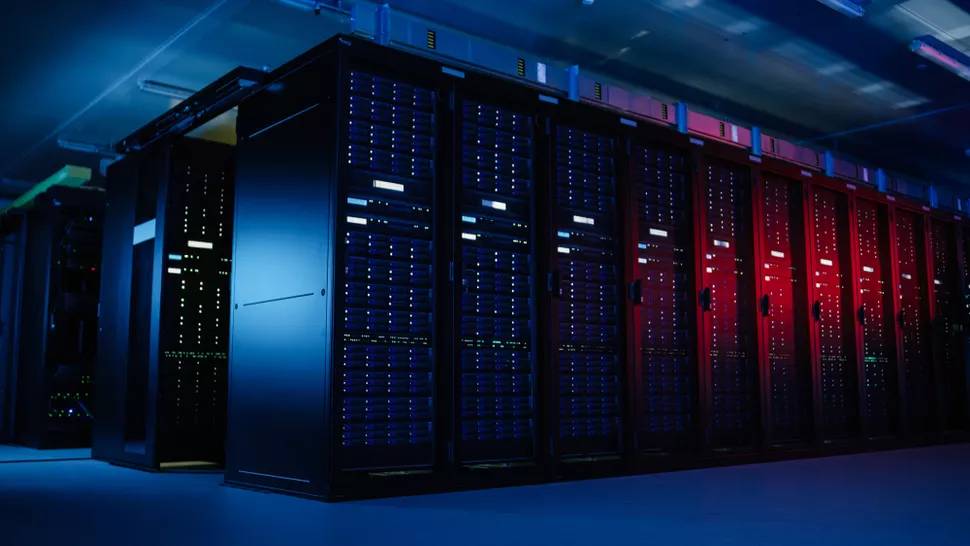 The key requirements of modernization and the role of IBM Power10
The key requirements of modernization and the role of IBM Power10whitepaper Efficient power servers for your data center
-
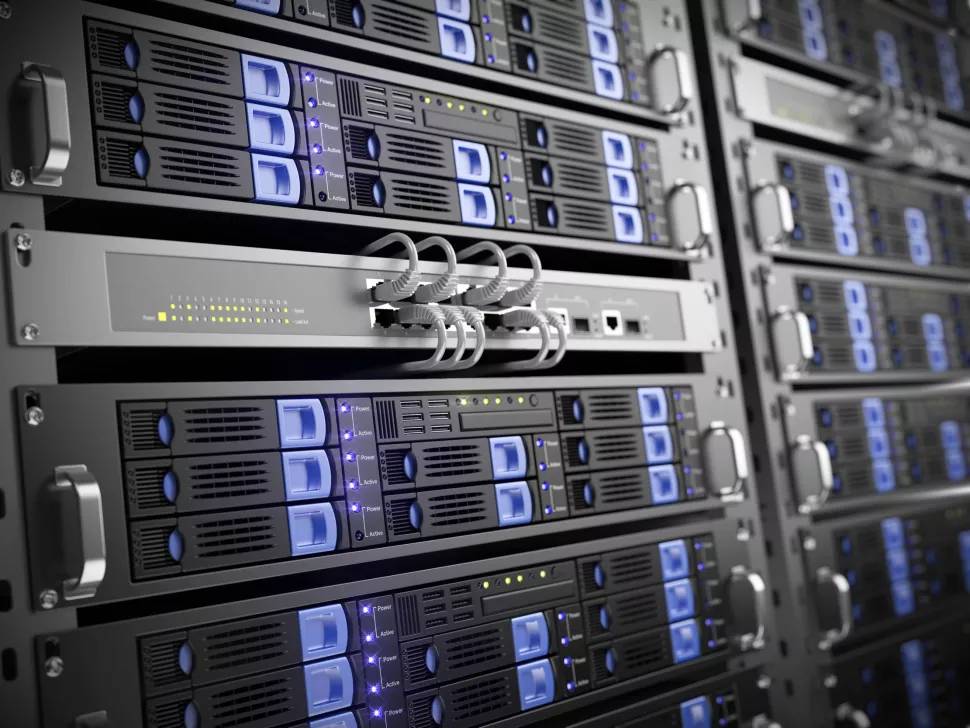 The power of IBM Power for SAP HANA and SAP S/4HANA environments
The power of IBM Power for SAP HANA and SAP S/4HANA environmentswhitepaper Greater efficiency, reduced carbon footprint
-
 ITIC 2022 Global Server Hardware, Server OS Security Report
ITIC 2022 Global Server Hardware, Server OS Security Reportwhitepaper Deploy applications safely and securely
-
 Implementing sustainable storage infrastructure
Implementing sustainable storage infrastructureWhitepaper Understand what to look for from vendors and make better storage infrastructure purchasing decisions.
-
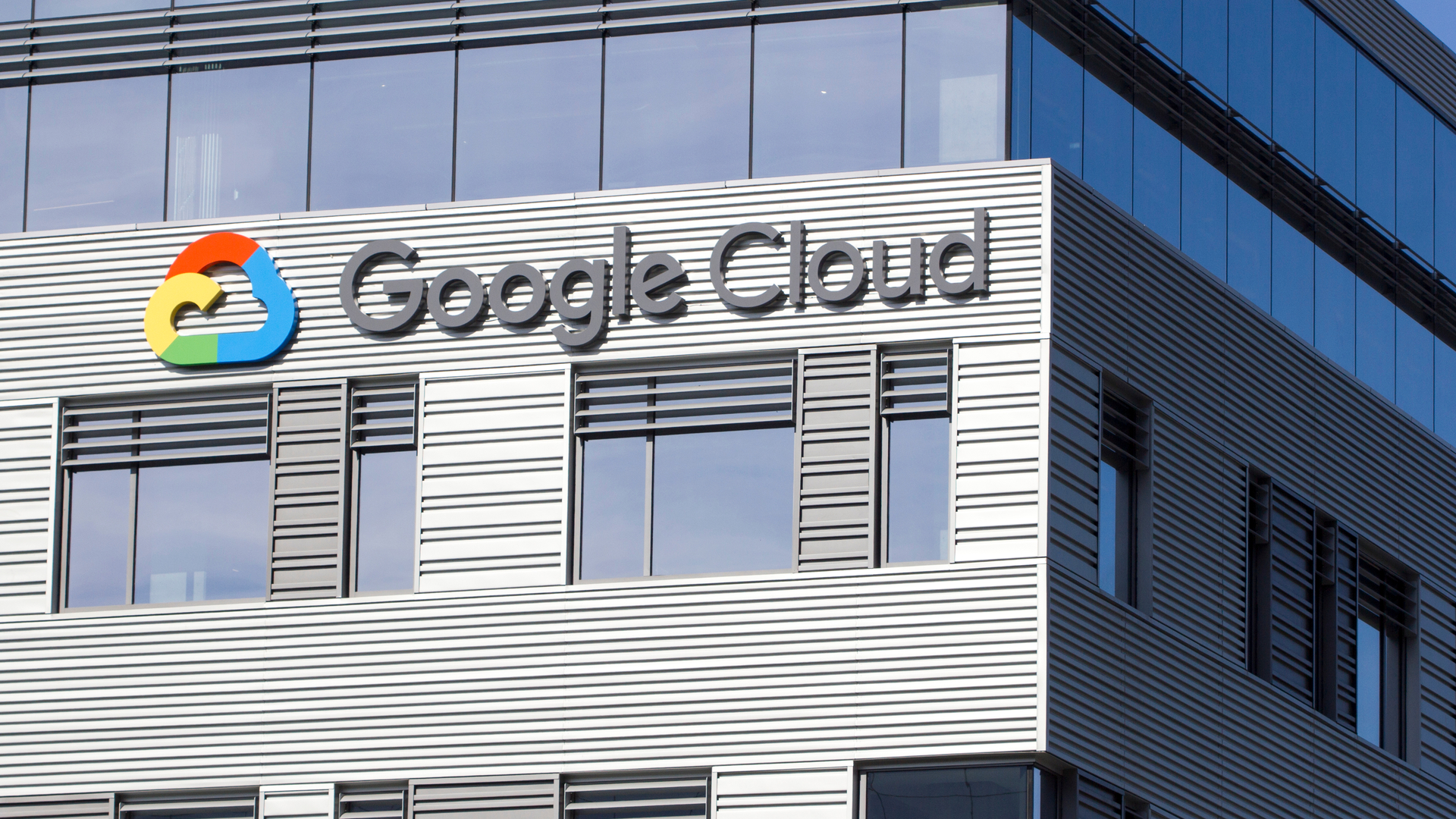 Google claims its AI chips are ‘faster, greener’ than Nvidia’s
Google claims its AI chips are ‘faster, greener’ than Nvidia’sNews Google's TPU has already been used to train AI and run data centres, but hasn't lined up against Nvidia's H100
-
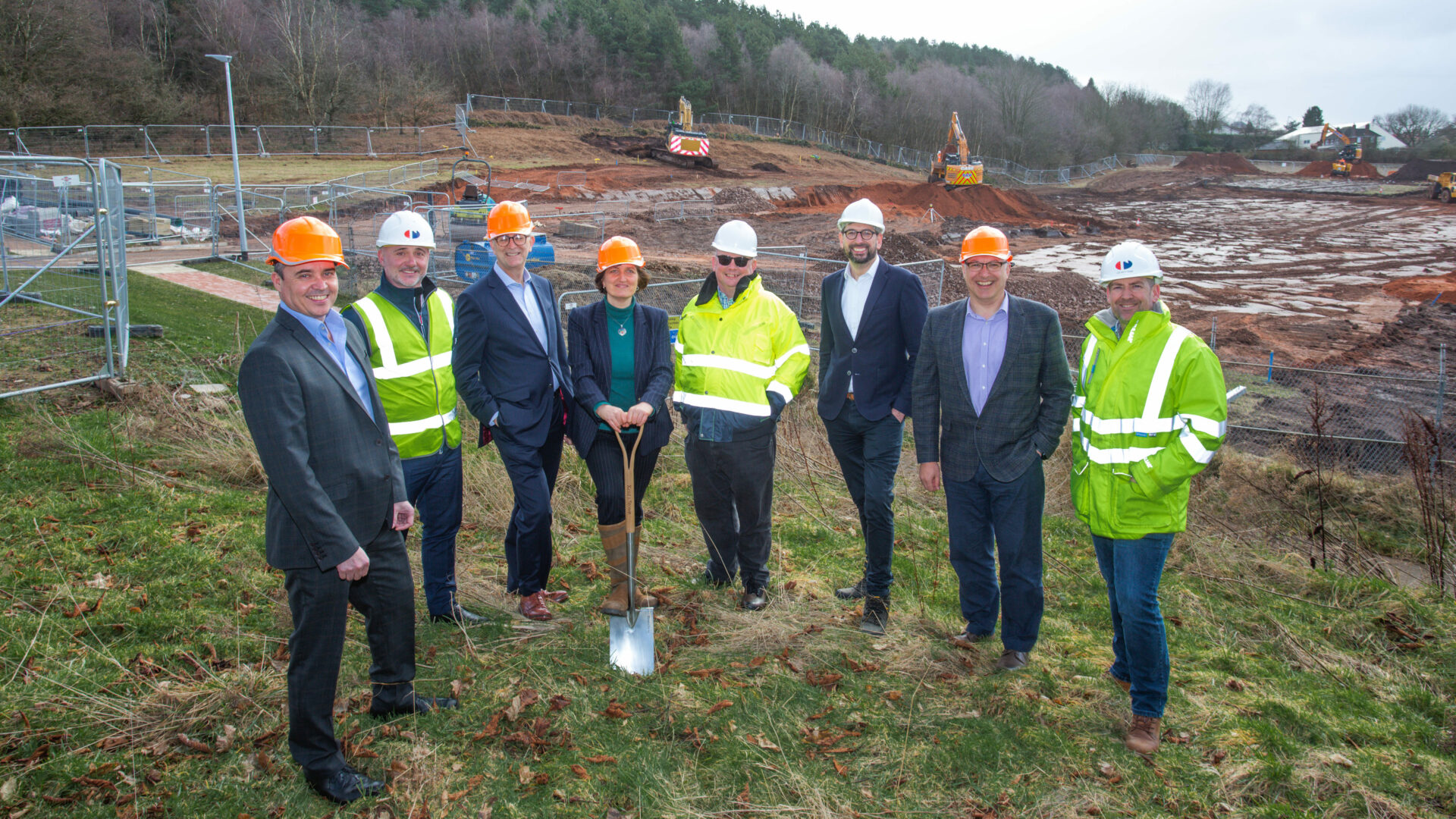 £30 million IBM-linked supercomputer centre coming to North West England
£30 million IBM-linked supercomputer centre coming to North West EnglandNews Once operational, the Hartree supercomputer will be available to businesses “of all sizes”

